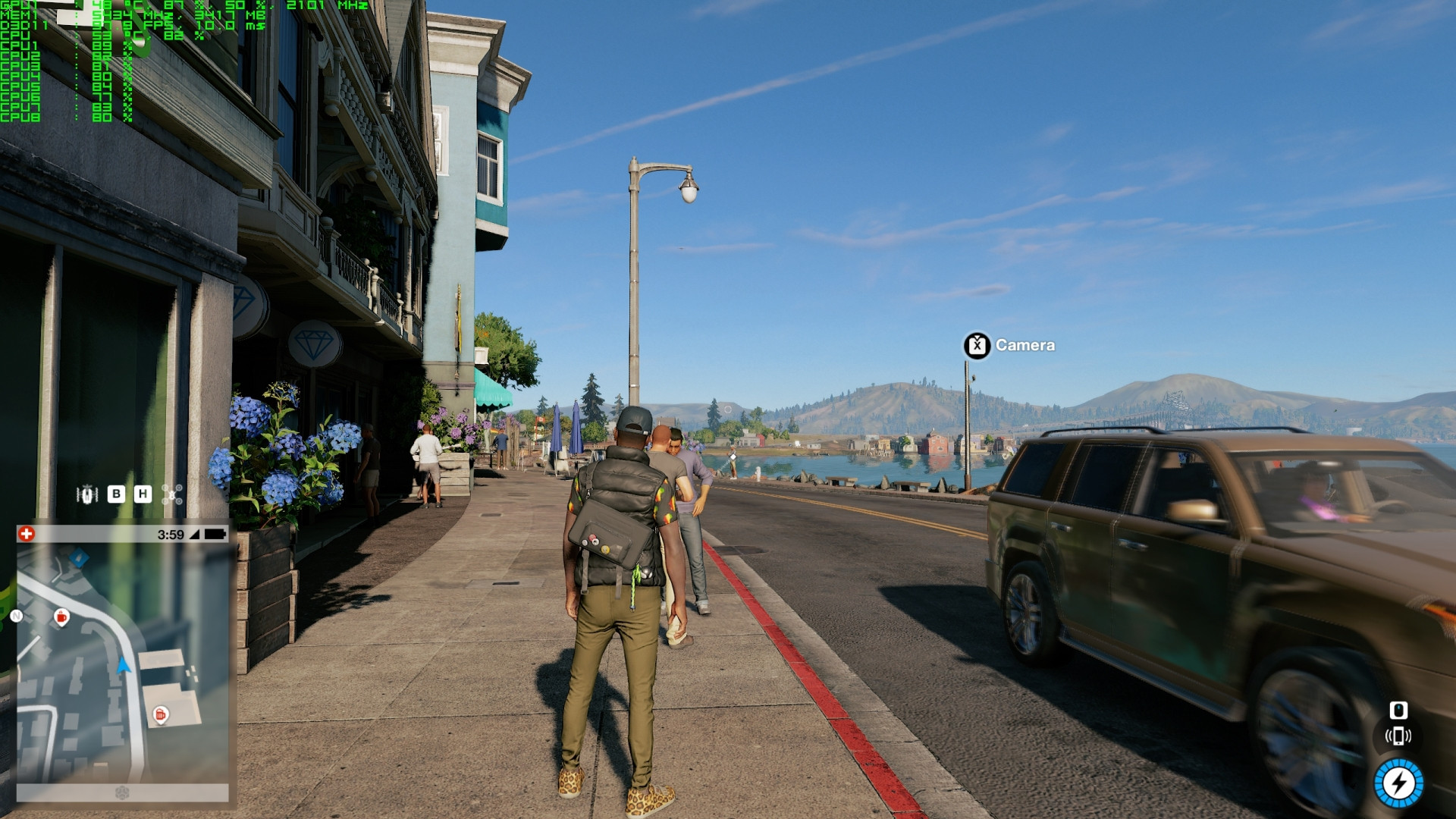- Joined
- Jun 24, 2010
- Messages
- 283 (0.05/day)
| System Name | mad1394 |
|---|---|
| Processor | AMD Ryzen 7 7800X3D |
| Motherboard | ASUS TUF Gaming X670E-Plus Wifi |
| Cooling | 2 fans |
| Memory | Corsair Vengeance 2 x 16GB, 6400 MHz, DDR5-RAM |
| Video Card(s) | NVIDIA GeForce RTX 2070 SUPER |
| Storage | 4 ssds |
| Display(s) | AOC 24G2SPU/BK |
| Case | ??!!! |
| Audio Device(s) | Realtek S1220A |
| Power Supply | Super Flower Leadex Gold 750W |
Does hyperthreading improve performance in games? Can anyone provide any benchmarks comparing HT on and off ? And if there is a difference is it worth the price delta between i5 and i7 ?
Been reading some contradicting opinions on this lately, so I thought it might be a fun topic to discuss.
Been reading some contradicting opinions on this lately, so I thought it might be a fun topic to discuss.







